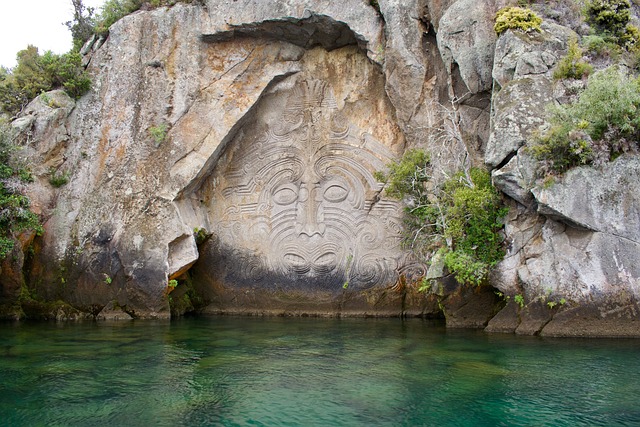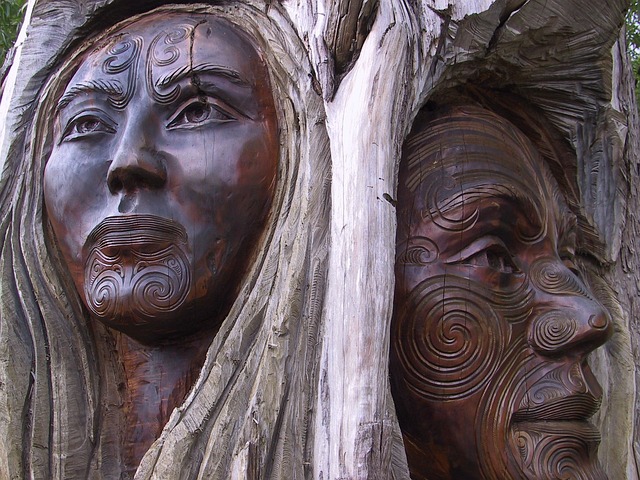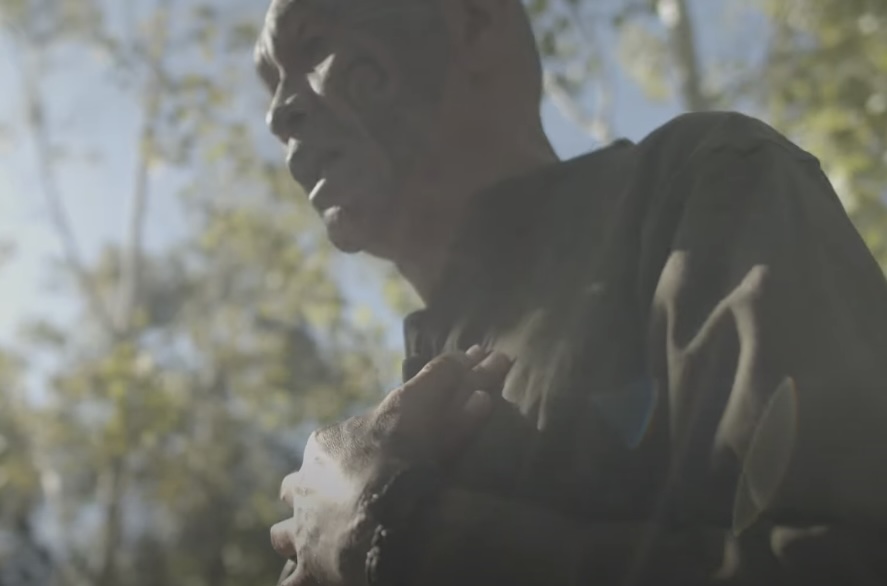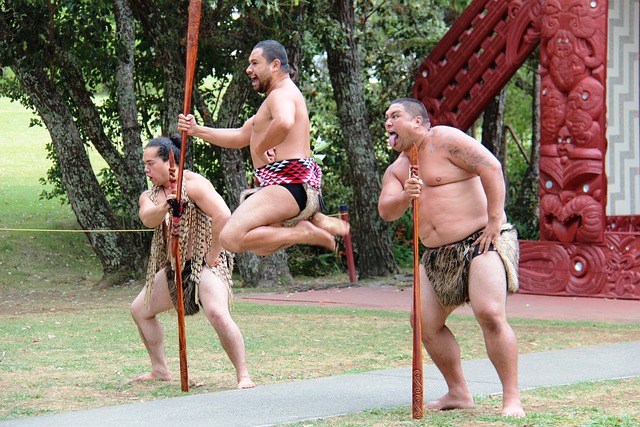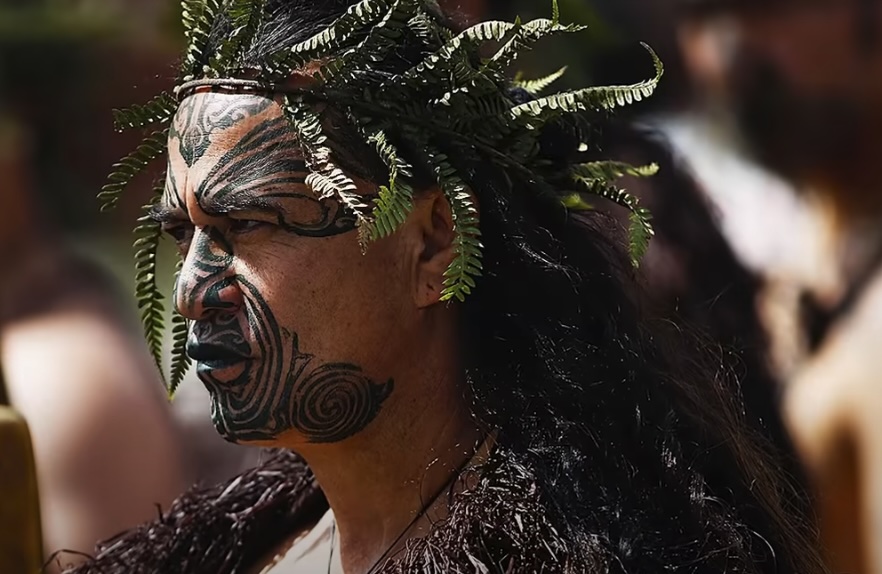Marae reservations are regarded as the very last bastion of the Maori cultural life. It is the only place where the Maori language and culture may be practised without prejudice. Regardless of where Maori ‘are’ at any moment in time, it is at a Marae where the culture may be experienced. We must ensure that this heritage survives and that there will always be a turangawaewae, a place to stand, for every person of Maori ancestry.
A Marae reservation visit is an opportunity to understand that Maori culture is diverse and dynamic. Of how ‘Maori’ tribal communities are similar in nature and yet are very different because of their various cultural histories.
The Importance of Marae Committees
Marae promote –
- A better understanding of cultural structures and their importance
- A knowledge of genealogy and the links to other tribes in this area
- An understanding of the Maori language. It’s place in formal and recreational use.
- An awareness of the diversity and uniqueness of each Marae
- An appreciation of the diversity of Marae by experiencing first-hand the people, the stories and the places
Waimarama is one of the oldest Marae in the Heretaunga area. The people of Waimarama connect back to the ancient people who first occupied this land. It is a Marae close to the sea. The customs and practices of the people there reflect their relationship with Tangaroa, the sea god.
Most people arrive in Waimarama to enjoy the sandy beaches, surfing, fishing and other leisure time activities. For all that there is to enjoy there is a side to Waimarama that is not usually experienced. These are the sacred and mysterious places, the legends and the myths, the battles lost and won, of sacrifice and new beginnings. It is the weave that binds the native people of Waimarama.
The Waimarama Maori Committee is committed to ensuring that these things are not forgotten and like all Marae committees they are busily engaged in ensuring that correct cultural practices are maintained, the language is promoted and, the many sacred places are remembered and protected.
A lesser known task is having to deal with all the social problems that beset our people. It is a difficult path to negotiate.
To the many committees throughout the land we are grateful for the many hours of voluntary work to maintain and support the rich cultural inheritance of Marae as well as provide leadership and direction to those people who belong, the hau kainga.
Kia kaha, Kia manawanui
